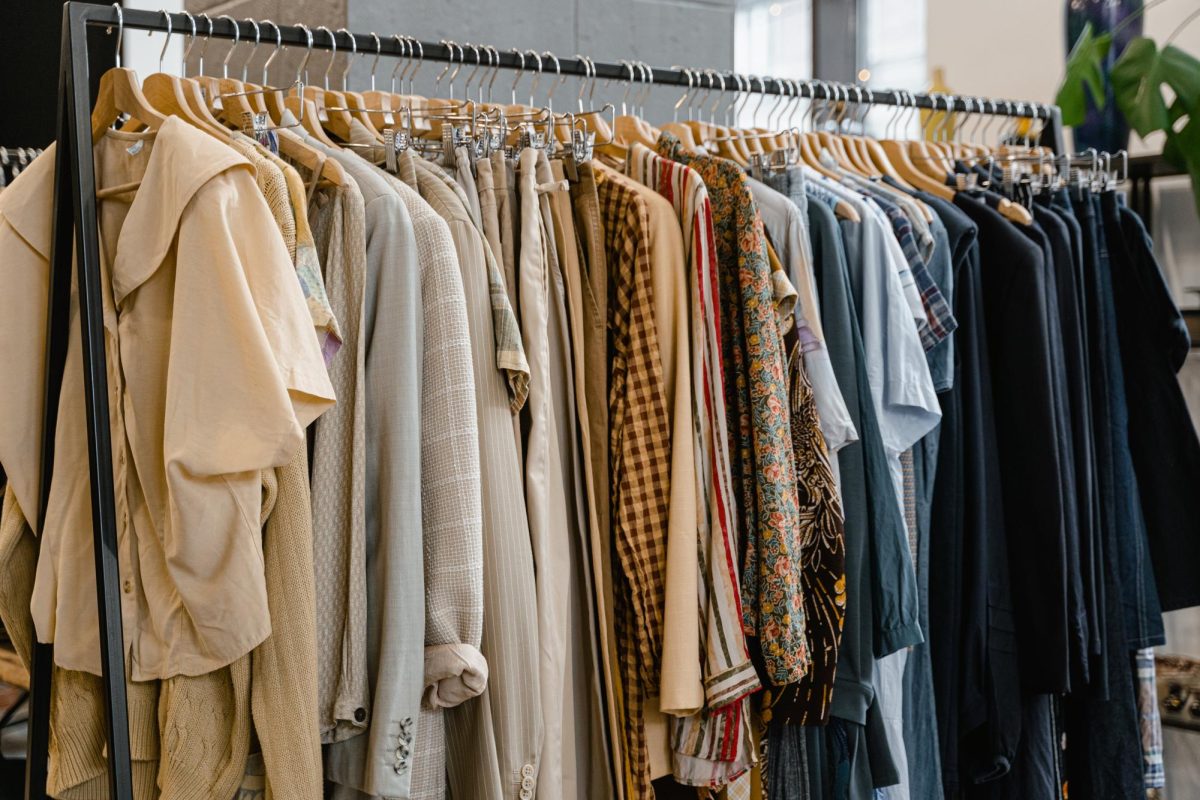Chinese-founded fast fashion giant Shein confidentially filed for an initial public offering with the U.S. Securities and Exchange Commission on Nov. 27.
Shein is the largest fast-fashion retailer in the world, recognized for its trendy and affordable clothing products and its mission of bringing fashion into the modern era.
According to Bloomberg, Shein is aiming for a valuation of $80 to $90 billion, but was last valued at $66 billion in a private fundraising round in May, down from the $100 billion valuation it reached in April of 2022.
Despite this, the IPO is set to be one of the most significant debuts within the last decade, causing investors and analysts to believe it could kickstart a recovery in the IPO market.
Previously, the IPO market saw a surge in IPOs, leading investors and analysts to believe the market was recovering. However, the companies that went public — ARM Holdings, Instacart and Birkenstock Holdings — would receive an initial debut pop before underperforming in the coming weeks following their debuts.
Additionally, while the size of Singapore-based retailer’s IPO could send signals to other companies and usher a recovering IPO market, investors and analysts are concerned with the company’s ethical and geopolitical implications.
“They’ve opened more manufacturing centers in India and Brazil, and they’re really solidifying their U.S. footprint,” Brianne Lynch, head of market insights at EquityZen, said on an episode of Bloomberg Technology. “The U.S. is their largest market, forging partnerships with Forever 21 and others to create that brick-and-mortar presence. That being said, there is a lot of hair around this one. There’s concerns about their labor practices, their ties to China and other issues, so it will be interesting to see how investors think about this one.”
Mickey Drexler, CEO of Alex Mill and head of Drexler Ventures, questioned Shein’s sourcing, sustainability, quality — and especially how it sells products for so cheap — but expressed that the IPO could “be one of the most successful.”
Conditionally, Tyler Merritt — CEO of Nine Line Apparel — voiced concerns over Shein’s impacts on the American markets because the company reportedly used forced labor to make its products. Merritt noted that Shein is the “poster child for forced labor in the apparel market and its wreaking havoc on industries in the United States.”
Shein expressed it is “dedicated to operating in a responsible and ethical manner” and cited its zero-tolerance policy for forced labor, child labor and human trafficking, holding its suppliers accountable for ethically sourcing materials.
Shein faces scrutiny from the reports and will have to prove to the Securities and Exchange Commission in 2024 that it follows the ethical guidelines required to have a listing on a U.S. exchange .
“One of the biggest disadvantages of an IPO is disclosures and publicity,” David J. Kaufman, co-chair of Thompson Coburn LLP’s corporate and securities practice group, said on an episode of Bloomberg News. “There’s probably going to be a big lobbying effort about why they’re not using forced labor and where they source their cotton, and how all that is changing, with codes of conduct and inspection programs.”








